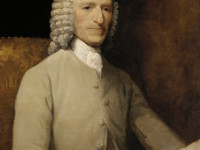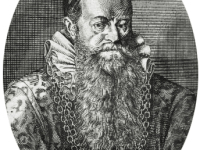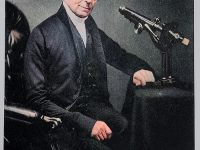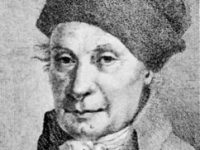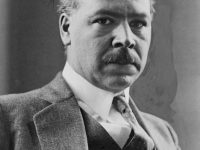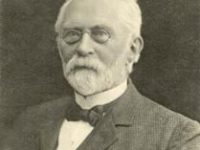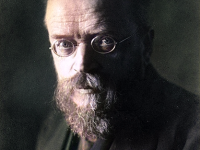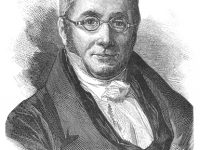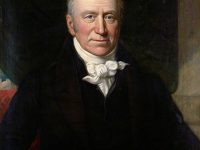John Fothergill – Physician and Gardener
On March 8, 1712, English physician, plant collector, philanthropist and Quaker John Fothergill was born. He was first to describe coronary arteriosclerosis (hardening and thickening of the arterial wall, with a loss of elasticity and reduced blood flow) associated with angina pectoris. John Fothergill Background and Early Years John Fothergill was born at Carr End, near Bainbridge in Yorkshire, the son of John Fothergill, a Quaker preacher and farmer. John went to…
Read more

